Learning and memory
Recent articles
Sleep doesn’t just consolidate memories; it actively shapes them
The rapid eye movement (REM) phase preserves newly acquired memories, but deeper non-REM sleep helps to adapt and update them, according to “heroic” day-long electrode recordings in rats.
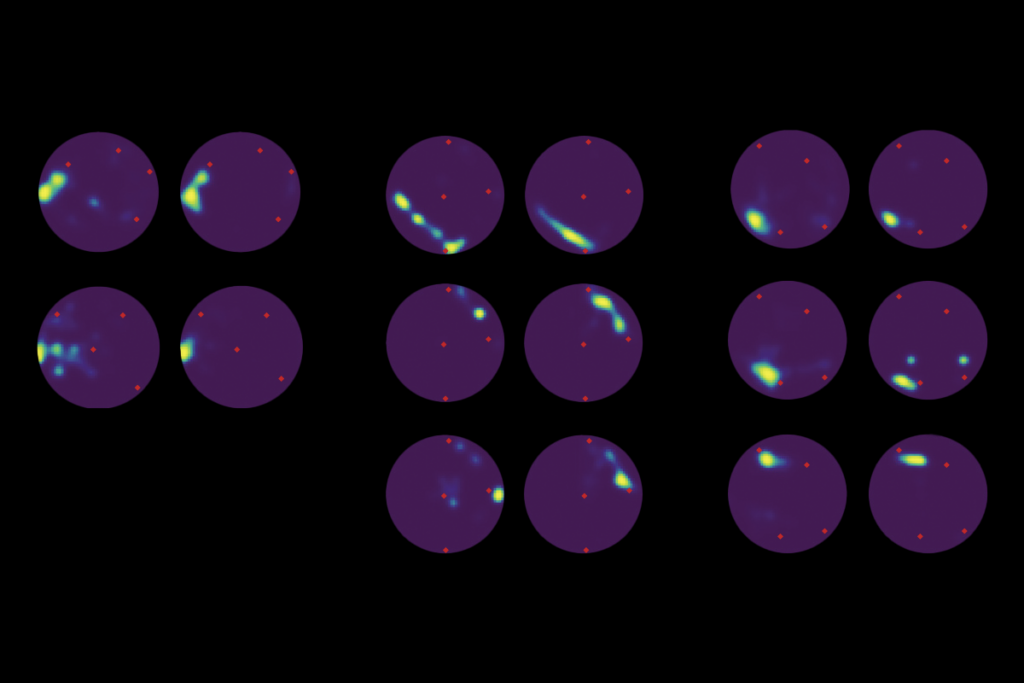
Sleep doesn’t just consolidate memories; it actively shapes them
The rapid eye movement (REM) phase preserves newly acquired memories, but deeper non-REM sleep helps to adapt and update them, according to “heroic” day-long electrode recordings in rats.
Single-neuron recordings are helping to unravel complexities of human cognition
As this work begins to bear fruit, researchers “are becoming less afraid to ask very difficult questions that you can uniquely ask in people.”
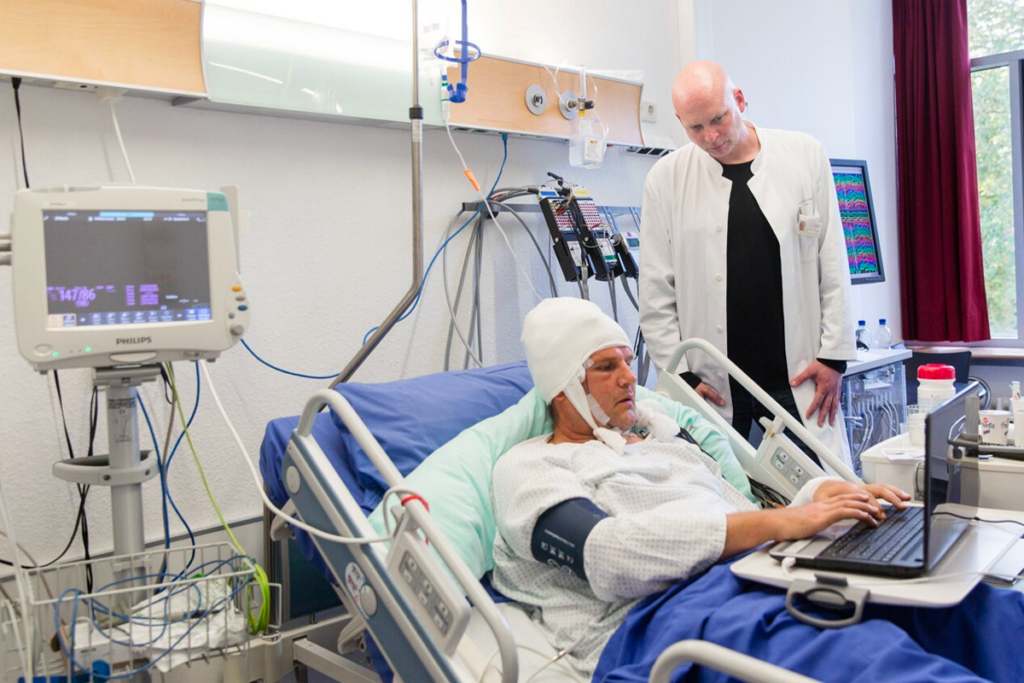
Single-neuron recordings are helping to unravel complexities of human cognition
As this work begins to bear fruit, researchers “are becoming less afraid to ask very difficult questions that you can uniquely ask in people.”
Astrocytes star in memory storage, recall
The cells, long cast as support players in memory research, can activate or disrupt fear memories, according to a new study.
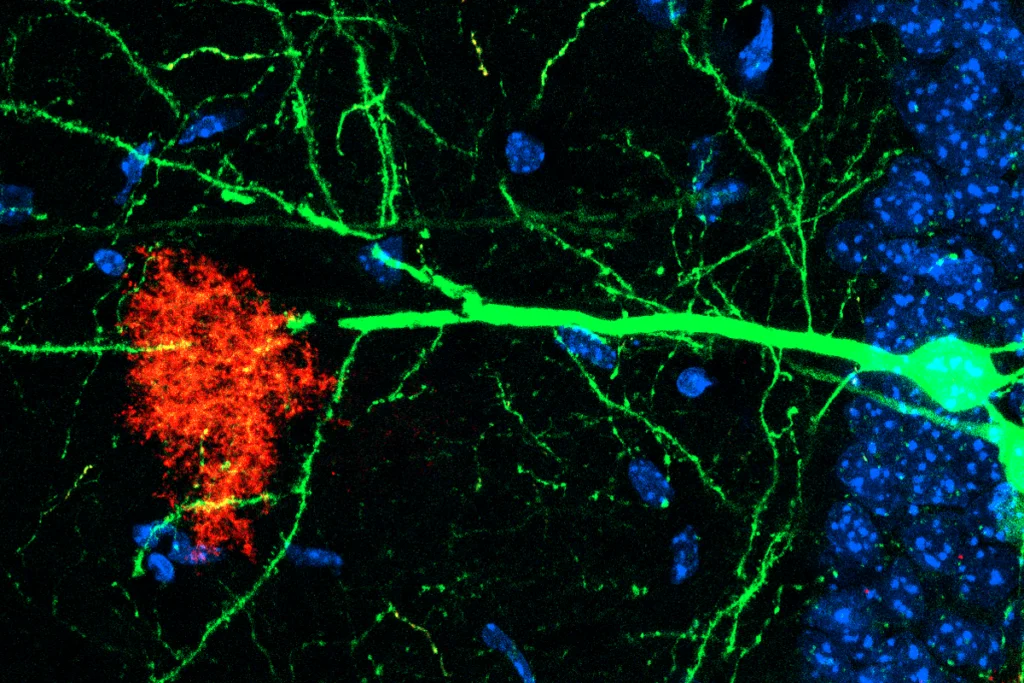
Astrocytes star in memory storage, recall
The cells, long cast as support players in memory research, can activate or disrupt fear memories, according to a new study.
How to teach this paper: ‘Coordination of entorhinal-hippocampal ensemble activity during associative learning,’ by Igarashi et al. (2014)
Kei Igarashi and his colleagues established an important foundation in memory research: the premise that brain regions oscillate together to form synaptic connections and, ultimately, memories.
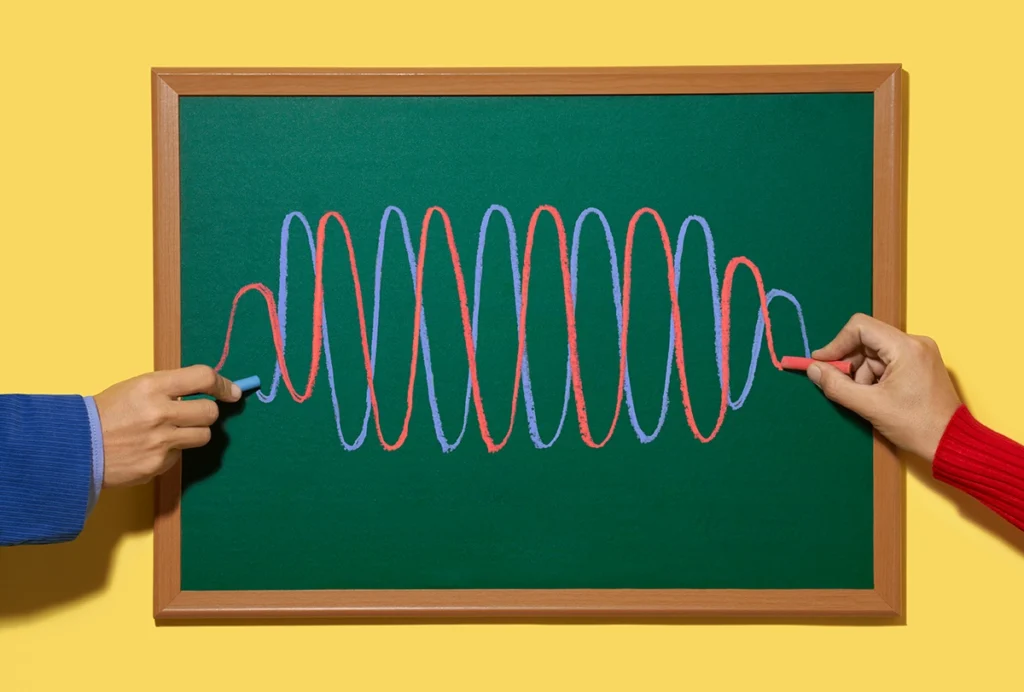
How to teach this paper: ‘Coordination of entorhinal-hippocampal ensemble activity during associative learning,’ by Igarashi et al. (2014)
Kei Igarashi and his colleagues established an important foundation in memory research: the premise that brain regions oscillate together to form synaptic connections and, ultimately, memories.
The value of math and spatial learning with Loren Frank
The Howard Hughes Medical Institute investigator discusses what drew him to study the brain and his current work at the University of California, San Francisco.

The value of math and spatial learning with Loren Frank
The Howard Hughes Medical Institute investigator discusses what drew him to study the brain and his current work at the University of California, San Francisco.
‘It must be something I ate’ is hard-wired into the brain
Feeling sick reactivates “novel flavor” neurons, according to a new study in mice, and points to a dedicated circuit for learning to avoid unsafe food.
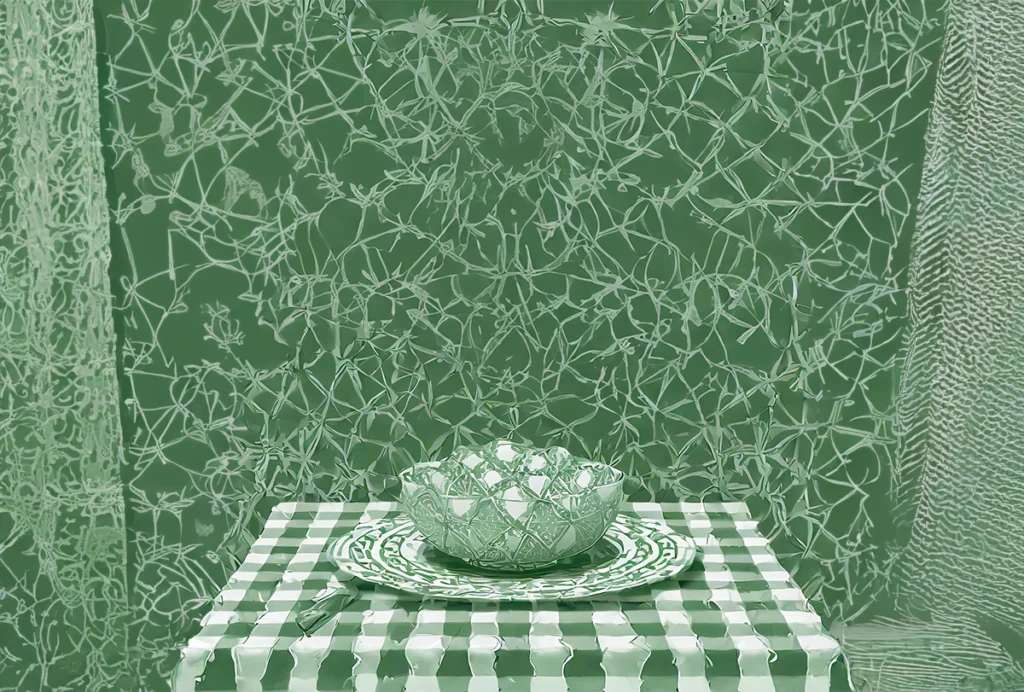
‘It must be something I ate’ is hard-wired into the brain
Feeling sick reactivates “novel flavor” neurons, according to a new study in mice, and points to a dedicated circuit for learning to avoid unsafe food.
Neurons making memories shush their neighbors
When neurons strengthen their synapses, they “infect” surrounding cells with a virus-like protein to weaken those cells’ excitatory connections, according to a new preprint.
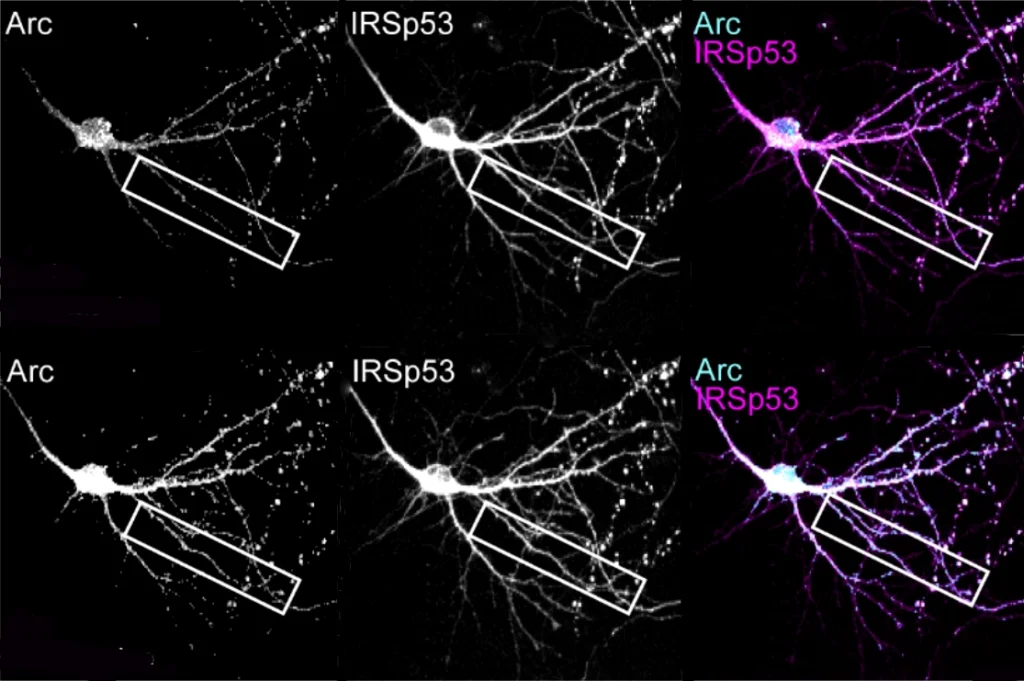
Neurons making memories shush their neighbors
When neurons strengthen their synapses, they “infect” surrounding cells with a virus-like protein to weaken those cells’ excitatory connections, according to a new preprint.
Synaptic protein’s shape-shifting skills propel plasticity
SYNGAP supports learning without tapping its eponymous “GAP” enzymatic activity, according to a new study.
Synaptic protein’s shape-shifting skills propel plasticity
SYNGAP supports learning without tapping its eponymous “GAP” enzymatic activity, according to a new study.
Cognition in brainless organisms is redefining what it means to learn
A slew of simple creatures demonstrate forms of learning, making the case for cognitive science to expand beyond the boundaries of the human mind.
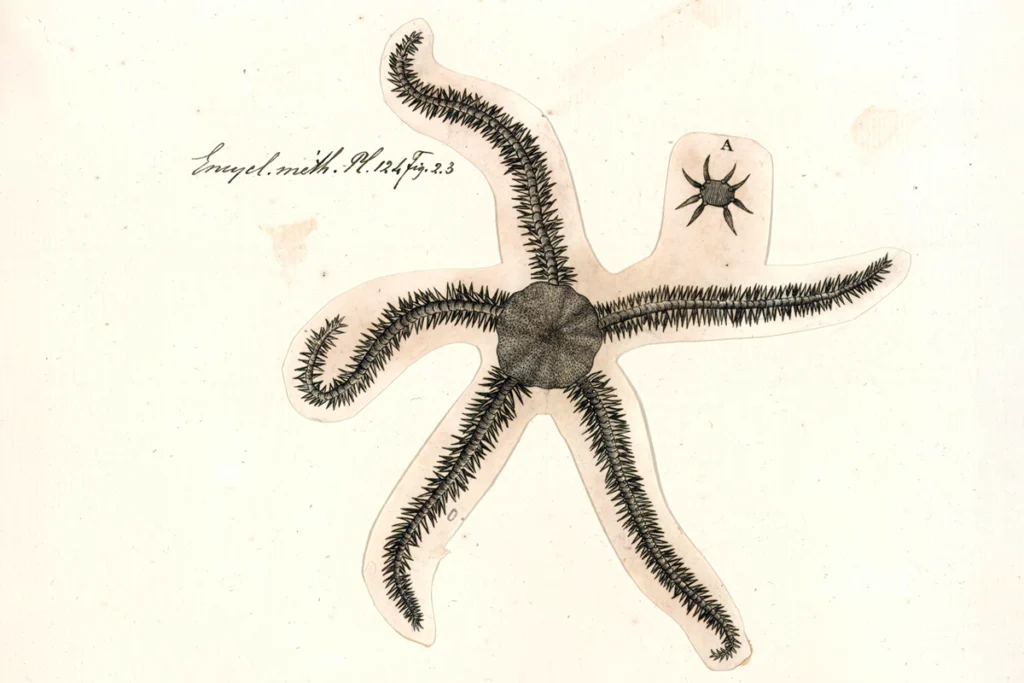
Cognition in brainless organisms is redefining what it means to learn
A slew of simple creatures demonstrate forms of learning, making the case for cognitive science to expand beyond the boundaries of the human mind.
Number-associated neurons help crows link values to symbols
Comparable neurons also exist in primates, which shared a common ancestor with crows more than 300 million years ago, suggesting that the ability to “count” evolved independently in the two lineages.

Number-associated neurons help crows link values to symbols
Comparable neurons also exist in primates, which shared a common ancestor with crows more than 300 million years ago, suggesting that the ability to “count” evolved independently in the two lineages.
Explore more from The Transmitter
Machine learning spots neural progenitors in adult human brains
But the finding has not settled the long-standing debate over the existence and extent of neurogenesis during adulthood, says Yale University neuroscientist Juan Arellano.

Machine learning spots neural progenitors in adult human brains
But the finding has not settled the long-standing debate over the existence and extent of neurogenesis during adulthood, says Yale University neuroscientist Juan Arellano.
Xiao-Jing Wang outlines the future of theoretical neuroscience
Wang discusses why he decided the time was right for a new theoretical neuroscience textbook and how bifurcation is a key missing concept in neuroscience explanations.
Xiao-Jing Wang outlines the future of theoretical neuroscience
Wang discusses why he decided the time was right for a new theoretical neuroscience textbook and how bifurcation is a key missing concept in neuroscience explanations.
Memory study sparks debate over statistical methods
Critics of a 2024 Nature paper suggest the authors failed to address the risk of false-positive findings. The authors argue more rigorous methods can result in missed leads.

Memory study sparks debate over statistical methods
Critics of a 2024 Nature paper suggest the authors failed to address the risk of false-positive findings. The authors argue more rigorous methods can result in missed leads.